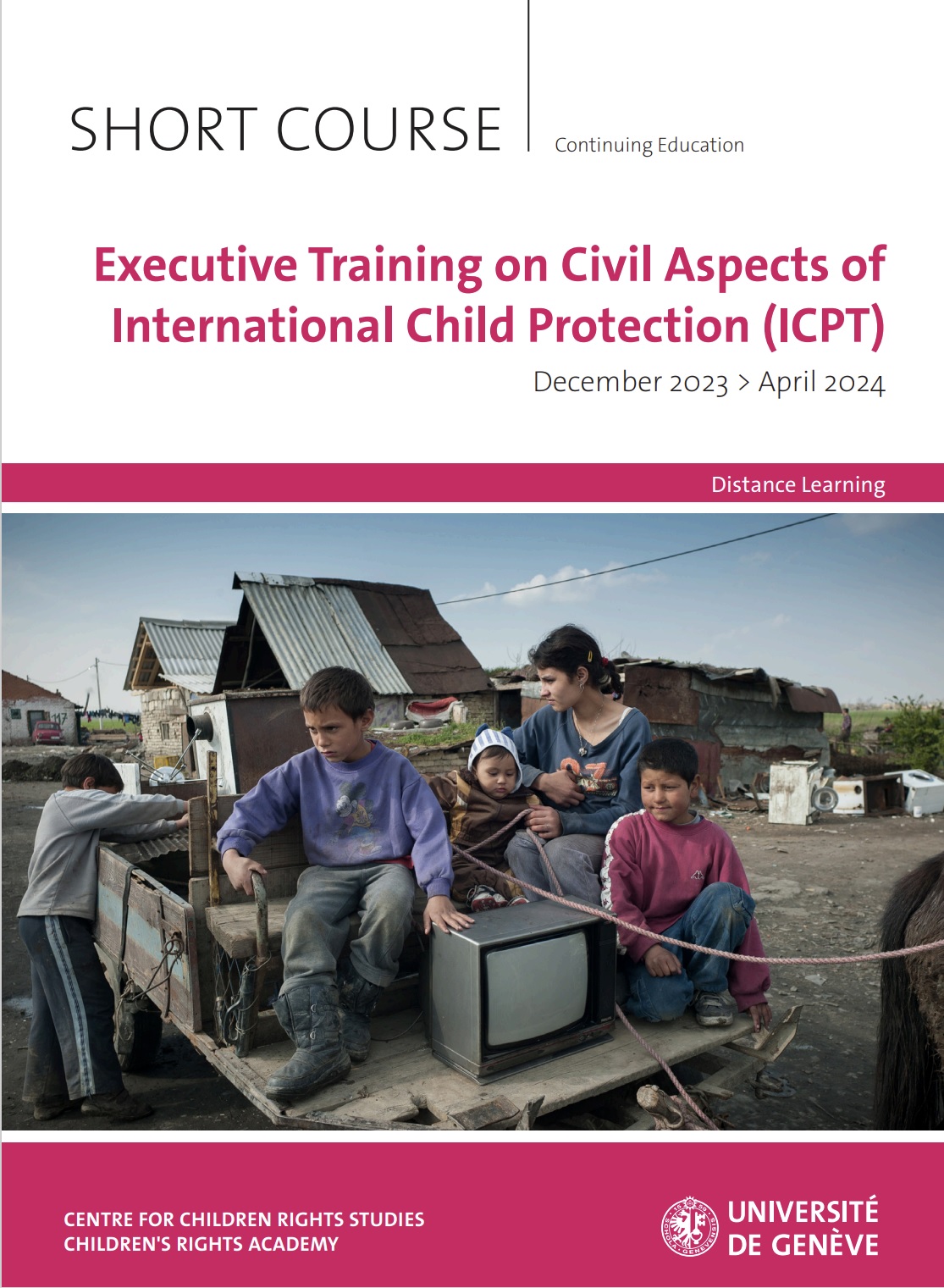Views
First impressions from Kirchberg on the EAPO Regulation – Opinion of AG Szpunar in Case C-555/18
Written by Carlos Santaló Goris
Carlos Santaló Goris is a researcher at the Max Planck Institute Luxembourg for International, European and Regulatory Procedural Law, and Ph.D. candidate at the University of Luxembourg. He offers a summary and an analysis of AG Spuznar’s Opinion on the Case C-555/18, K.H.K. v. B.A.C., E.E.K.
I. Introduction
Less than three years after Regulation 655/2014 establishing a European Account Preservation Order (“the EAPO Regulation”) entered into force, the Court of Justice of the European Union (“CJEU”) released its first Opinion on this instrument. This regulation established a uniform provisional measure at the European level, which permits creditors the attachment of bank accounts in cross-border pecuniary claims. In many senses, the EAPO regulation represents a huge step forward, particularly in comparison to the ex-ante scenario regarding civil provisional measures in the Area of Freedom, Security and Justice. It is no accident that in the first line of the Opinion, AG Szpunar refers to the landmark case Denilauler. Besides the concrete assessment of the preliminary reference, he found a chance in this case to broadly analyse the EAPO Regulation as such, contextualizing it within the general framework of the Brussels system. Read more
Arbitrating Corporate Law Disputes: A Comparative Analysis of Turkish, Swiss and German Law
Written by Cem Veziroglu
Cem Veziroglu, doctoral candidate at the University of Istanbul and research assistant at Koc University Law School has provided us with an abstract of his paper forthcoming in the European Company and Financial Law Review.
Arbitrating Corporate Law Disputes: A Comparative Analysis of Turkish, Swiss and German Law
The resolution of corporate law disputes by arbitration rather than litigation in national courts has been frequently favoured due to several advantages of arbitration, as well as the risks related to the lack of judicial independence, particularly in emerging markets. While the availability of arbitration appears to be a major factor influencing investment decisions, and there is a strong commercial interest in arbitrating corporate law disputes, the issue is unsurprisingly debated in respect of certain characteristics of the joint stock company as a legal entity. Hence the issue comprises a series of legal challenges related to both corporate law and arbitration law. Read more
CJEU confirms that an actio pauliana is a matter relating to a contract: Case C-722/17 Reitbauer et al v Casamassima
Written by Michiel Poesen
Less than a year after its decision in Case C-337/17 Feniks (discussed here), the Court of Justice had another opportunity to consider the extent to which the Brussels Ia Regulation provides a head of special jurisdiction for an actio pauliana. In Case C-722/17 Reitbauer (decided last Wednesday but still not available in English), the Court confirmed its decision in Feniks, according to which such an action falls under Art 7(1) Brussels Ia if it is based on a contractual right. Michiel Poesen, PhD candidate at KU Leuven, has been so kind as to share his thoughts on the decision with us in the following post.
Earlier this week, the Court of Justice of the European Union found that an actio pauliana is subject to jurisdiction in matters relating to a contract, contained in Article 7(1) Brussels Ia (Case C-722/17 Reitbauer). Read more
News
HCCH Monthly Update: November 2023
Conventions & Instruments
On 1 November 2023, Canada deposited its instrument of ratification of, and Kyrgyzstan its instrument of accession to, the 2007 Child Support Convention. At present, 48 States and the European Union are bound by the Convention. More information is available here.
University of Geneva: Executive Training on Civil Aspects of International Child Protection (ICPT) – from December 2023 to April 2024

The Children’s Rights Academy of the University of Geneva is organising an online Executive Training on Civil Aspects of International Child Protection (ICPT) from December 2023 to April 2024. For more information, click here.
The training is divided into four modules and is being coordinated by Dr. Vito Bumbaca. There is a registration fee (for the full programme or per module). Click here to register (registration is possible until 18 January 2024).
Call for Papers: 2nd International Congress of Civil Procedural Law (15/16 Dec 23; hybrid)
The Universidade Portucalense (UPT) will be hosting the 2nd International Congress of Civil Procedural Law on 15 and 16 December 2023. The hybrid event will focus on “The Challenges of De-Judicialisation of Justice”.
The organizers have been so kind as to share the call for papers with us. Further information can also be found here.


